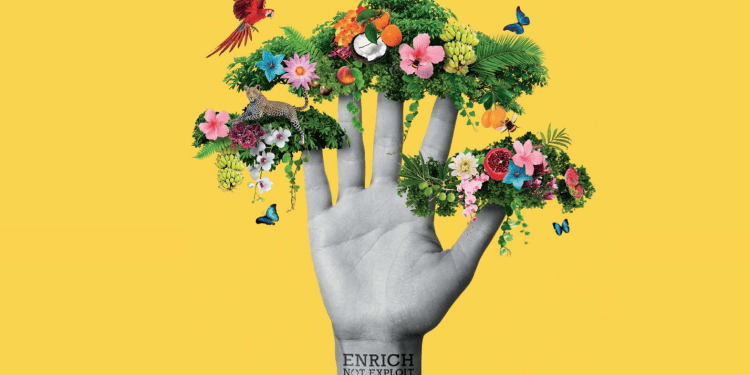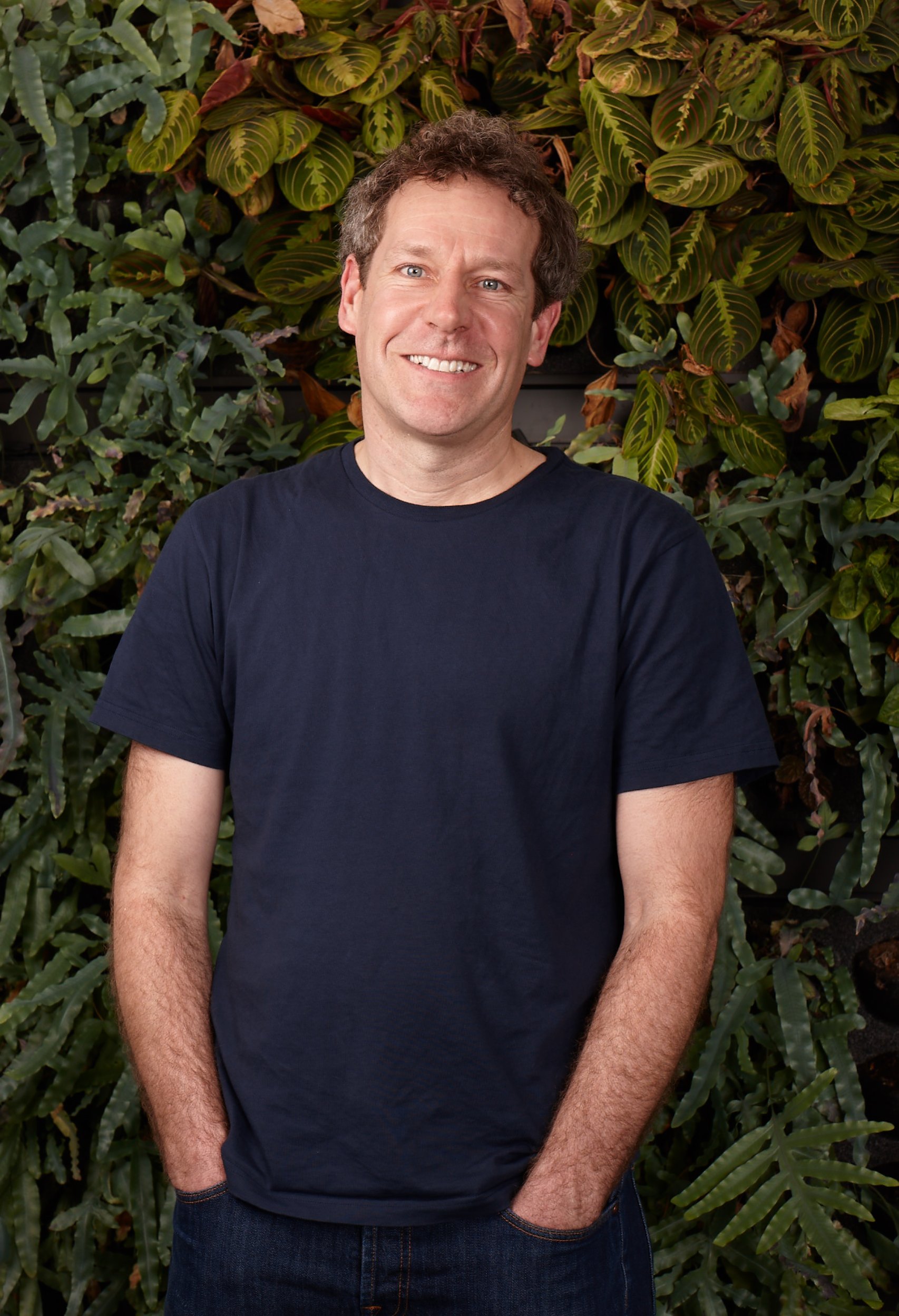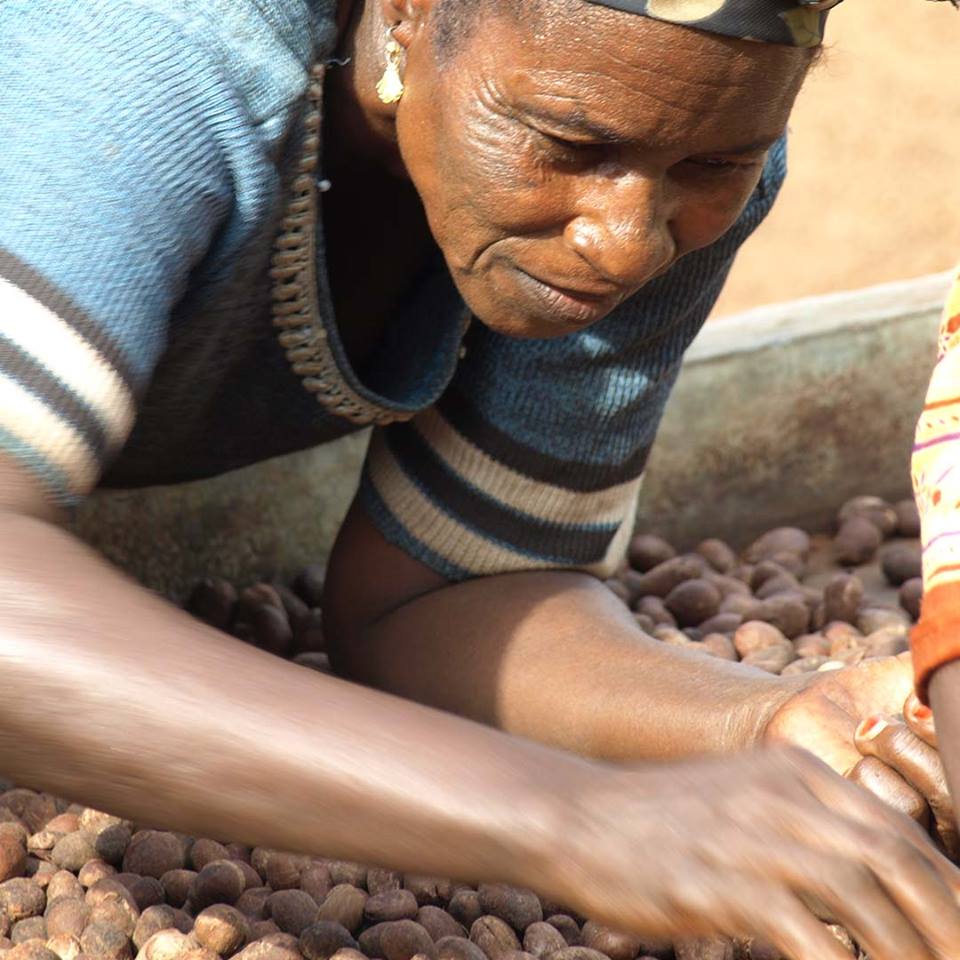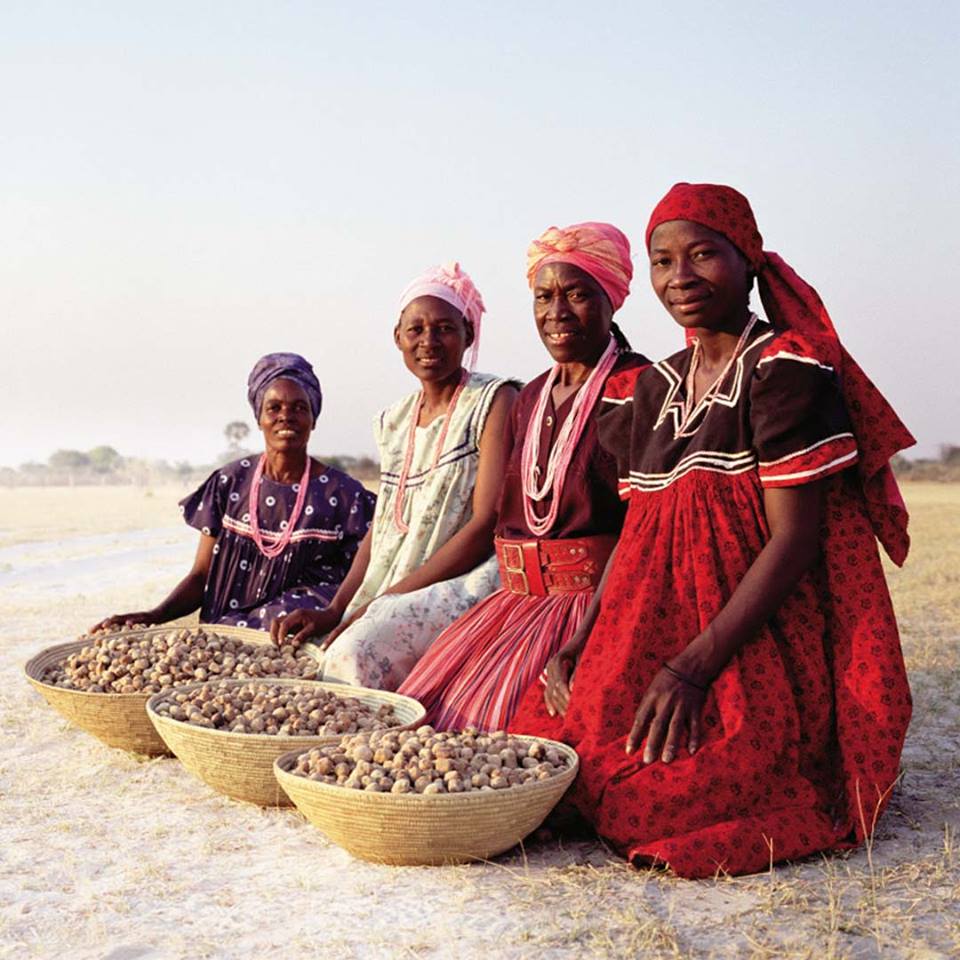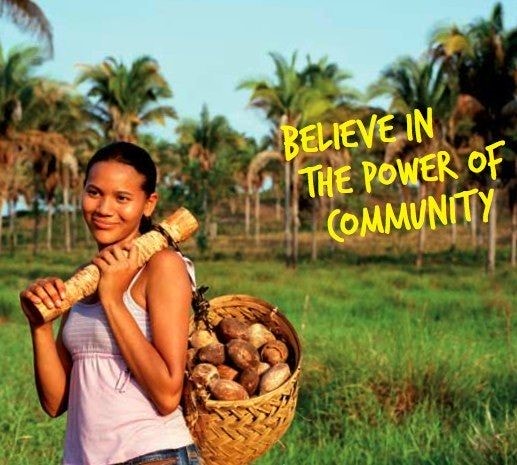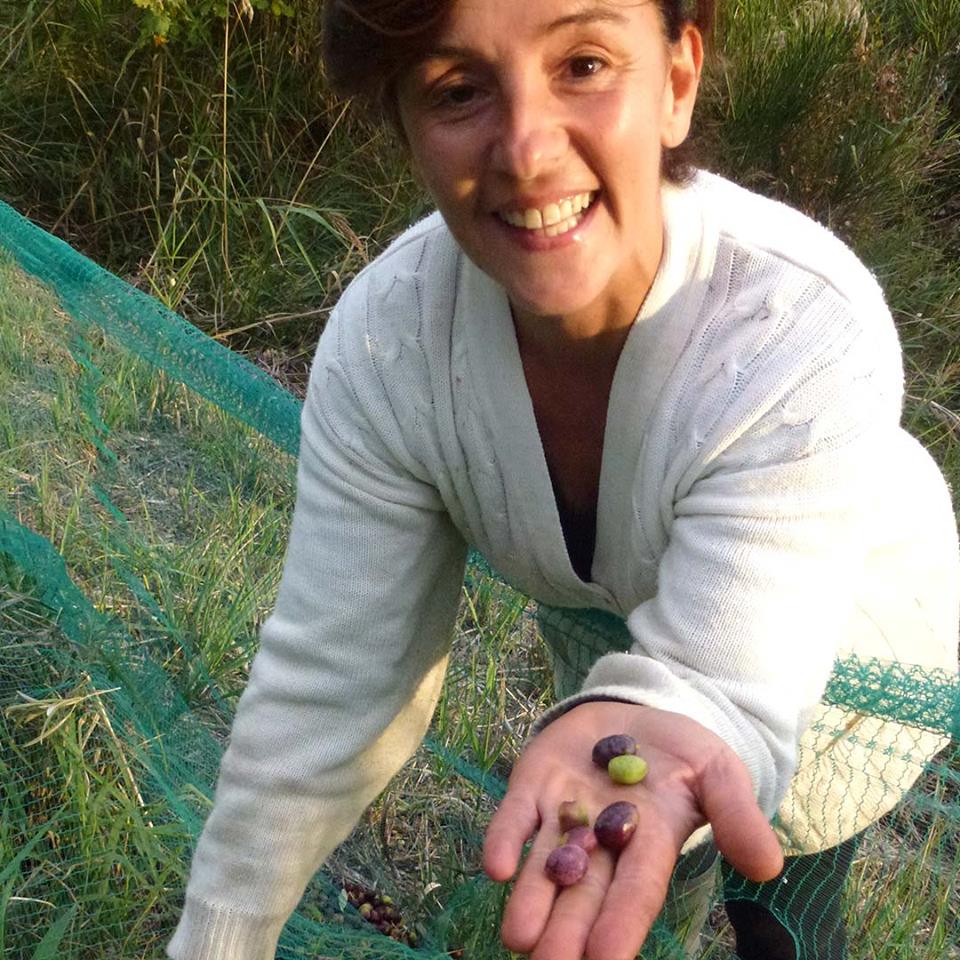Founded in 1976 by the late British human rights and environmental activist, Dame Anita Roddick, The Body Shop is the lead ethical cosmetics company in the world. Yet it started modestly, as a small shop in Brighton, selling just 25 products using natural ingredients.
Today, it sells more than 1,000 products in over 3000 franchised stores across 69 countries. It is one of the first brands to prohibit cosmetic animal testing and to introduce the concept of Fair Trade to the beauty industry. In 1997, Roddick, shocked by the rising number of anorexia and bulimia cases affecting women, launched a global campaign against the media that glamorized skinny models.
In 2006, Roddick controversially sold The Body Shop to cosmetics giant L’Oréal (that sells in China and therefore uses animal testing) and said to the Guardian that she would act as a “Trojan horse” to change it “from the inside”. But she died in 2007 before she could bring any change. In 2017, The Body Shop was sold by L’Oréal in a € 1 billion deal to the ethical B-corp Brazilian cosmetics company Natura. The combined group has a turnover of $3.5 billion and 17,000 employees.
The sale to Natura was widely hailed as a return to responsible activism.
At the recent Sustainability Summit 2018 organized by the Economist in London, Christopher Davis, The Body Shop Director of International Corporate Responsibility and Campaigns took the time to speak to Impakter’s editor about The Body Shop’s role in building an ethical and sustainable business and his work there. Here are the highlights of the conversation.
Question: In 2016, you launched Enrich Not Exploit™ Commitment, an ambitious strategy built on The Body Shop founder Anita Roddick’s values-led approach. It aimed to bring together 23,000 people, mainly your store staff and marketing teams across 65 countries. Was the Enrich Not Exploit Commitment continued after the sale to Natura or changed in any way?
Christopher Davis: It’s certainly continuing, we are continuing to work towards the 14 targets which we set by 2020. There will be some elements that change, but in general, the philosophy is staying the same. I think the other exciting thing for us is that when we launched our Enrich Not Exploit Commitment in 2016, we also made it clear that our long-term goal is to be the world’s most ethical, sustainable business.
The work we’re doing towards a truly sustainable future is accelerating. That’s the biggest shift and that’s exciting. Even though we don’t necessarily know all or that much about people in Natura, when you get inside the company and meet the founders and the people and understand and share their philosophy, it is just so energizing.
It’s a great company and a great way for The Body Shop to live and grow profitable. Unless The Body Shop becomes more profitable than we were previously, we’re not going to be able to deliver the things we want, so the focus on commerce is very much a needed rejuvenation.
Q. In June 2017, with Natura onboard, you launched the ‘Forever Against Animal Testing’ campaign for mobile users with wallets on their smartphones, taking advantage of the fact that 52% of your online transactions already come from a mobile device. How is it working? How many people are engaged? Any new similar campaigns planned to address online shoppers?
I guess when you publish this article we will have 6.500,000 signatures, which is good. Which is significant. It’s a really interesting question about digital here because in the last campaign on human trafficking in 2012, we were getting 80 percent of the signatures for a petition in store and 20 percent in the cloud. We expected that number would drastically be reduced 10 years later because of the spread of digital. It is a little bit lower than that split but not that much lower, so we’re still engaging with people face to face.
The Body Shop is still at a place where people will come and talk and chat and get advice and that was a little bit of a surprise to us. We thought that the advent of mobile technology and in the rise in number of people caring about this issue, it would change. But it hasn’t changed as much as we expected.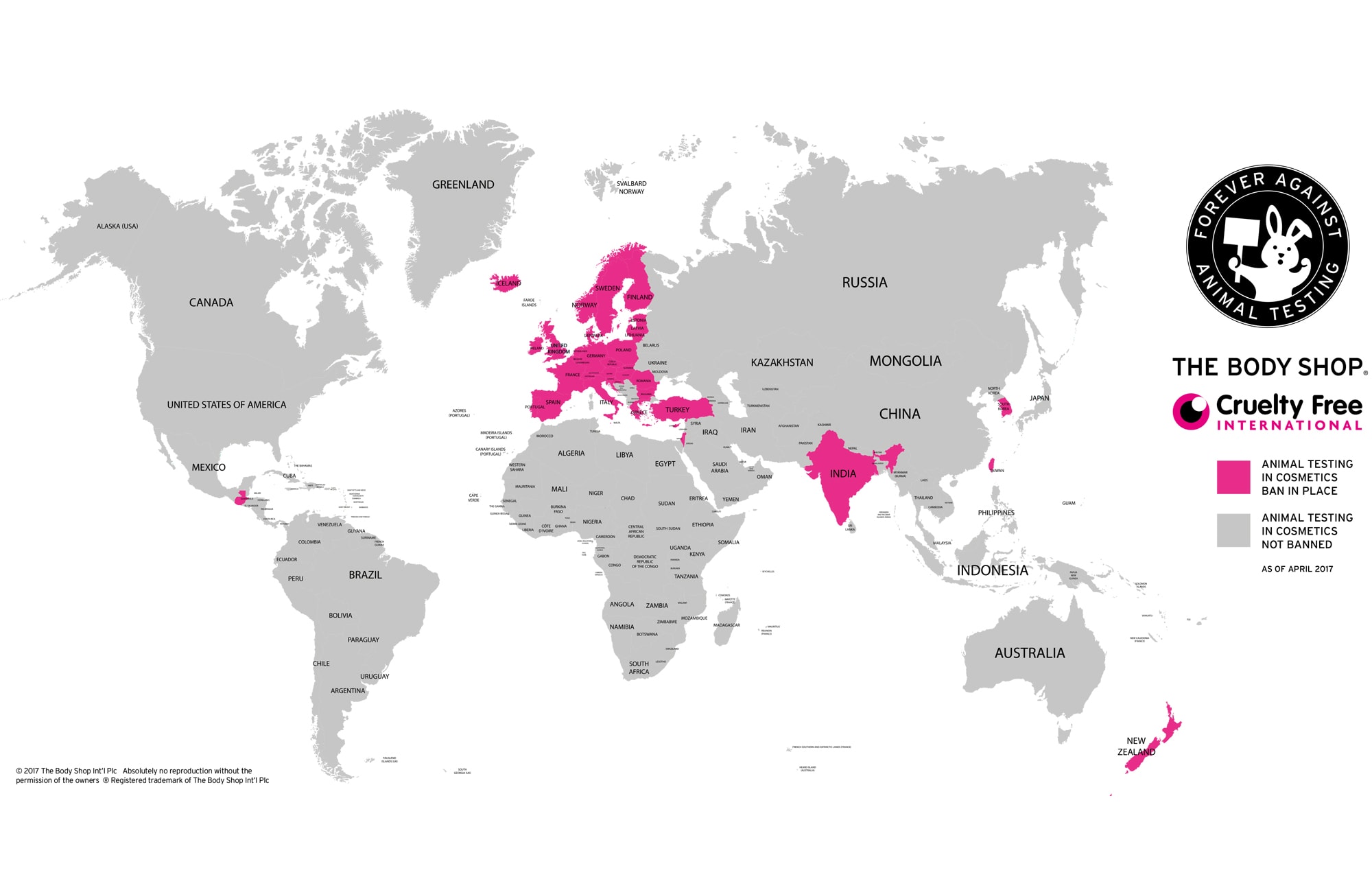
Q. That’s interesting. So how do you plan to go forward?
I think our challenge going forward is how do we give that personal customer care you get within our stores as well across digital mobile phones. If we can make that work, then I think we will really see us having an impacting campaign and we’ll have a better engagement with young people. So yes, it’s working, but the way that it is has happily surprised us, it shows how good our stores are as well as how strong the need for us to develop mobile technology to build relationships.
The Body Shop is a place where people want to go into, to buy products but also to hear about social change, about the long history within the business. I think that inspires them, they want to be part of the change movement. The younger generation especially seems to be more compelled to act against animal testing.
Q. What do you see as the big issues to watch for in 2018 – and over the medium term (the next 3 to 5 years), in the world of cosmetics and more broadly, in ethical consumerism? In your role as international director of corporate social responsibility for The Body Shop, how do you plan to address them?
I think if we were to list them, we’d be here a long time. The challenges we have with the environment are challenges for humanity like never before. I think the biggest is:
Where to take the business? What strategies do you use? Being a sustainable business despite society, despite the environment is hard.
What the planet needs us to do as a business based on science, based on societal science, based on environmental science: That’s the biggest challenge.
I think as people who work in sustainability, as people who work in ethics, we have an obligation to consider very carefully our reputation of corporate social responsibility and business sustainability. If one goes down that route of just being a business that can operate in isolation, how damaging is that going to be to our whole industry?
Q. To operate in isolation is never a good idea, is it?
If we go down that route, of course, the whole credibility of corporate social responsibility, likely shall be destroyed. Then there is that switch to increased science, A.I. and automation, that’s where it gets interesting. That’s where businesses can start working with consumers for transformation and change. And that’s the biggest challenge.
We are a business committed to science-based targets, working with an organization called Future Fit [Ed. Note: Future Fit calls for aligning the SDGs] We have work to do that as well as to identify what may be critical challenges. Let me tell you about some things we’re not sure about, that we are working through to understand.
First, as a business, how do we embrace the circular economy? We are operating in nearly 70 countries, we operate in some countries of course, that have the different infrastructures, different politics, different regulations. How do we become a truly sustainable business, navigating so many complex ways of working, how do we do that? We know where we want to go. There are elements of the plan that will help us get there, but it’s a challenge.
What other challenges do you see?
One is how we use our business to really address societal needs, in particular the needs of young people, how some consumer products make them feel. I think those will be the few areas where we need to pay particular attention. There are many, many challenges, but I think the big exciting thing for us is that we know where we want to get to. We’ve set a mark in the sand and that’s the way to go. At least we know where we’re going and that makes decision making a lot easier. With a little tweak here or there, we’re very definite about a solution. It’s a long-term destination, but that makes life a lot easier for our decision makers.
What about your support for Greenpeace back in the early 2000’s when The Body Shop joined in a campaign to provide access to renewable energy for 2 billion people?
That was love. We love campaigning to speak out not just on renewable energy but on human rights. That’s something that we are committed to doing and continue to do, but again, the question is how. How does campaign work within the new digital world that we live in? How does the voice of The Body Shop’s customers get heard? Today’s politicians, one could argue, are less interested in social change and assistance.
That’s tricky. There are two elements of our company, one is what we do in running our business. The other is how do we use that business as a voice and I think that was the brilliance of Anita, the brilliance of our teams around the world, in using that voice to create momentum for change. So that’s what the anti-animal testing campaign is about, and it got support from more than six million voices seeking to inspire the United Nations. That’s at the heart and soul of The Body Shop. The question is: How can we take that and build on it?
You are a long-time supporter of the UN and back in 2010, you won the first ever UN Business Leader’s Award to Fight Human Trafficking. You were an early supporter of the SDGs and somewhat disappointed that the Paris Climate Agreement did not go far enough. Now that America with President Trump is moving out of the Paris Agreement, how do you see the future? From your standpoint, what do you think can be done?
I think the US leaving just makes one question even more whether the governments of the world are taking this seriously. From our perspective, they’re not. We need a transformation and it’s very difficult to see evidence of that transformation happening, and in the speed and the time that we need it to happen when you look at the best available science.
Increasingly we are seeing people coming out and saying, “it ain’t gonna happen, it ain’t gonna work”. If the US are not participating, then we would look for other governments to step in and they are not stepping in. The question comes back down to citizens. What is it that citizens are going to do to step up to the plate? Maybe The Body Shop has got to come along to play, but it’s deeply, deeply scary.
What are you most looking forward to at this year’s Sustainability Summit? What do you hope to take away from it?
So far? I wanted to hear what the noise was. People are talking about transformational business, talking about rejecting old and embracing the new. I think there’s real promise. But as yet we haven’t heard much narrative challenging the established [inaudible] wisdom and I’d like to see more of that. I’d like to see us being more self-critical, and so I’m scared about what’s coming because I think we’re still business-as-usual and business-as-usual isn’t going to work, Business-as-unusual is what we need to talk about and we’re not seeing that.


